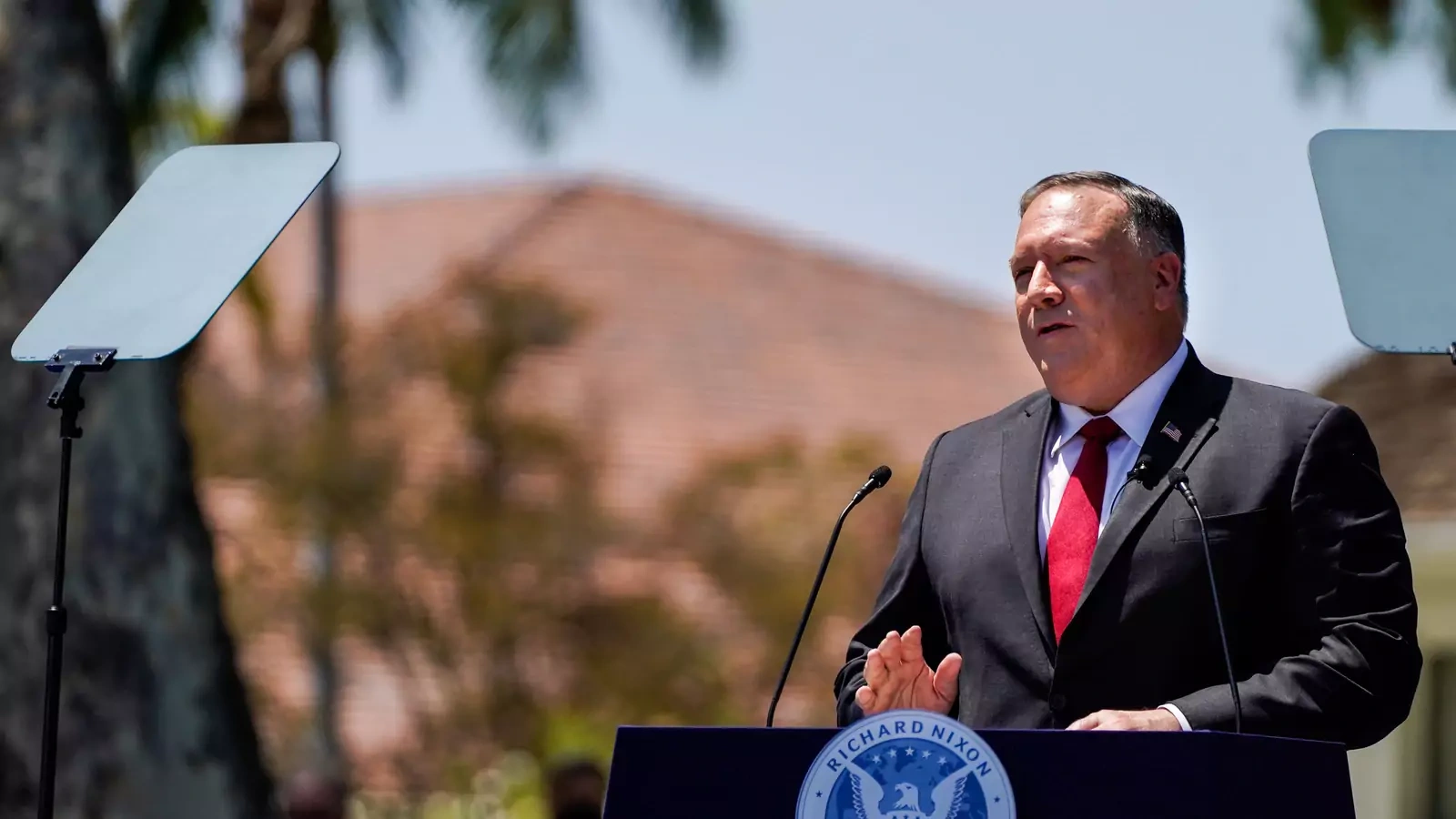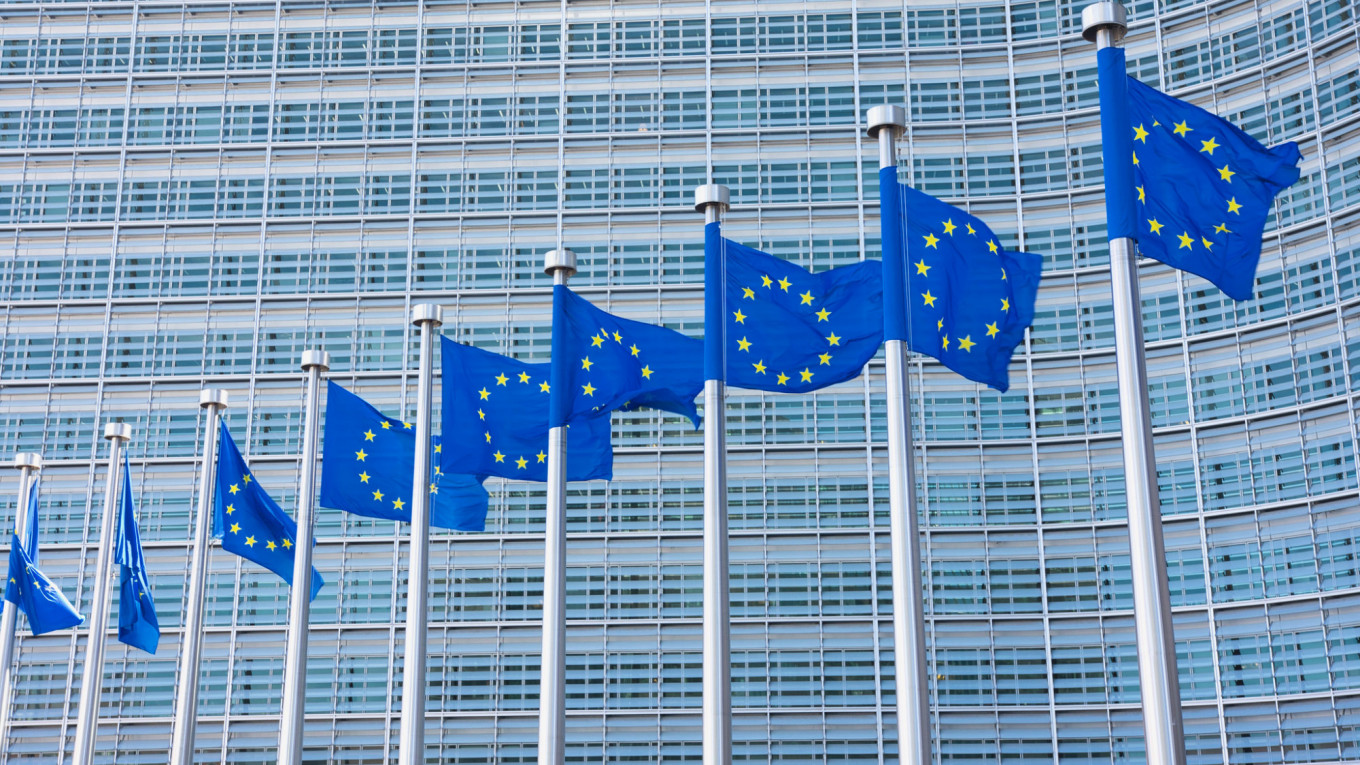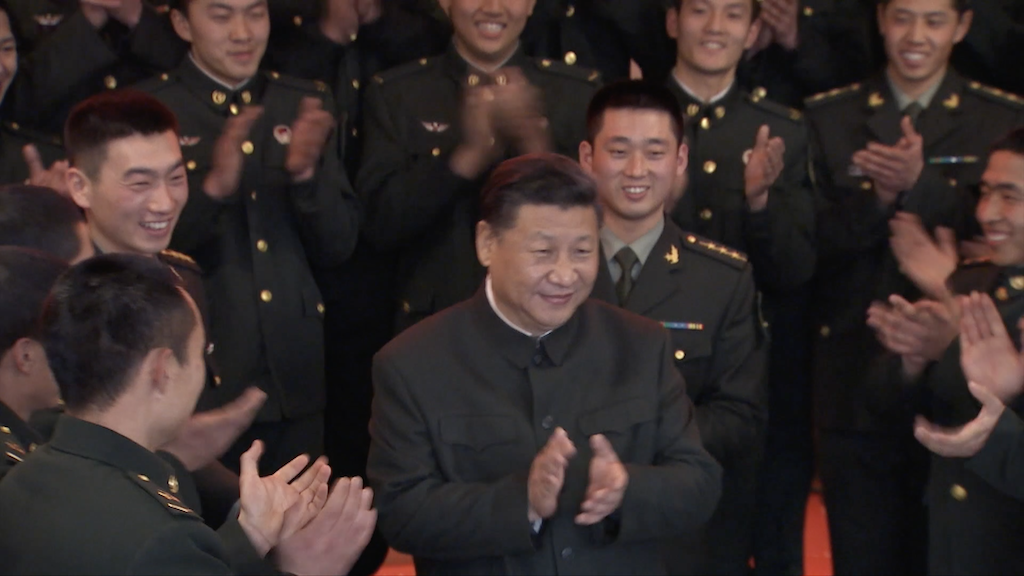 The Chinese claim of sovereign rights over the entire Galwan river valley is essentially Beijing's bid to turn the clock back to 1962, when its army advanced briefly in these barren uplands belonging to India. China probably feels, just like then, India will stand down to its aggressive tactics.
The Chinese claim of sovereign rights over the entire Galwan river valley is essentially Beijing's bid to turn the clock back to 1962, when its army advanced briefly in these barren uplands belonging to India. China probably feels, just like then, India will stand down to its aggressive tactics.
River Galwan is more like a stream or a nullah, which originates from the Aksai Chin, flowing through a narrow valley to meet River Shyok on the Indian side of the Line of Actual Control (LAC).
The river takes a sharp bend before merging with the Shyok, thus forming a Y-like shape which on the Indian side has come to be known as the Y-nullah or Y-junction. The Chinese side broadly refers to this as the Galwan-Shyok ‘estuary’. The LAC, according to the Indian side, is a couple of kilometres east of this point.
The valley was never part of China’s claims until 1960. In the 1950s when Beijing first asserted its right over Aksai Chin by building what is today the 2342 km China National Highway 219 connecting its western province of Xinjiang with Tibet, it also pushed its claim with India further south-west. India objected, but China went ahead and presented a claim line in 1956.












